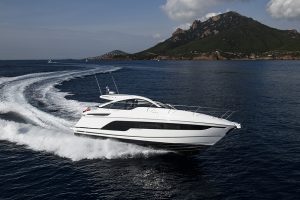Scotland’s seas get first National Marine Plan to help boost coastal economy
Scottish Government reveals ‘trail-blazing’ high-level plan for managing Scotland’s seas
Scotland has received its first National Marine plan for managing the activities that take place in Scottish seas out to 200 nautical miles.
The announcement by the Scottish Government sets out the first ever overarching strategy of its kind for the seas around Scotland and aims to boost the coastal economy.
Cautiously welcomed by environmental groups as a “step-change for the marine environment”, this announcement sets in motion a planning system for the sea, more than 50 years after a similar system was introduced for developments on land.
However, some experts remain concerned that the plan will be of limited use for regional and local planners until more detailed guidance is produced for coordinating different uses of the marine environment.
The plan has also been criticised for setting some economic growth objectives without fully assessing their long-term environmental implications.
MCS Scotland Programme Manager Calum Duncan said: “The wider environmental conscience of Scotland plc is now growing: environmental and social needs are increasingly seen as the fundamental considerations for any development, be it installing renewable energy devices to tackle climate change, decommissioning an oil rig or changing a fish farm licence.
“We therefore welcome the plan’s support for achieving a just society living within the limit of the environment.
“However, delivery will be in the details and we remain concerned that some targets and objectives fail to fully account for impacts on sea life and marine ecosystems.
“Boosting the ecological health of our seas is vital to other mainstays of Scotland’s coastal economy, such as sustainable methods of fishing and marine tourism.”
Scottish Wildlife Trust’s living seas policy officer Alex Kinninmonth said: “As Scotland’s first ever National Marine Plan this is a big opportunity to establish a blueprint for sustainable development at sea.
“It’s vital that the plan shapes a forward-looking marine planning system that provides clean direction, encourages stewardship, reduces conflict, helps tackle climate change and most importantly safeguards our natural heritage.”
Related articles









